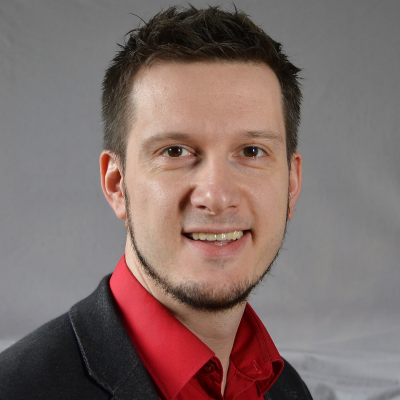Jobs
I am open for supervising your PhD or PostDoc project, if our research interests align (check my overview). In this case I am also happy to help you with your own proposal, for external funding that you are eligible to apply for. Some good sources are (many more exist):
- DDSA PhD Fellowship
- DFF - International Postdoctoral Grant
- Innovation Fund Denmark - Industrial PhD
- Marie Skłodowska-Curie Postdoctoral Fellowship
If you want to work with me, then please read my Lab Guide first.
Open RA, PhD, or PostDoc positions
No open positions currently.
Guidelines Applications
Sometimes the application requirements include to hand in a project proposal (statement of purpose). You can look into this proposal template for guidance.
